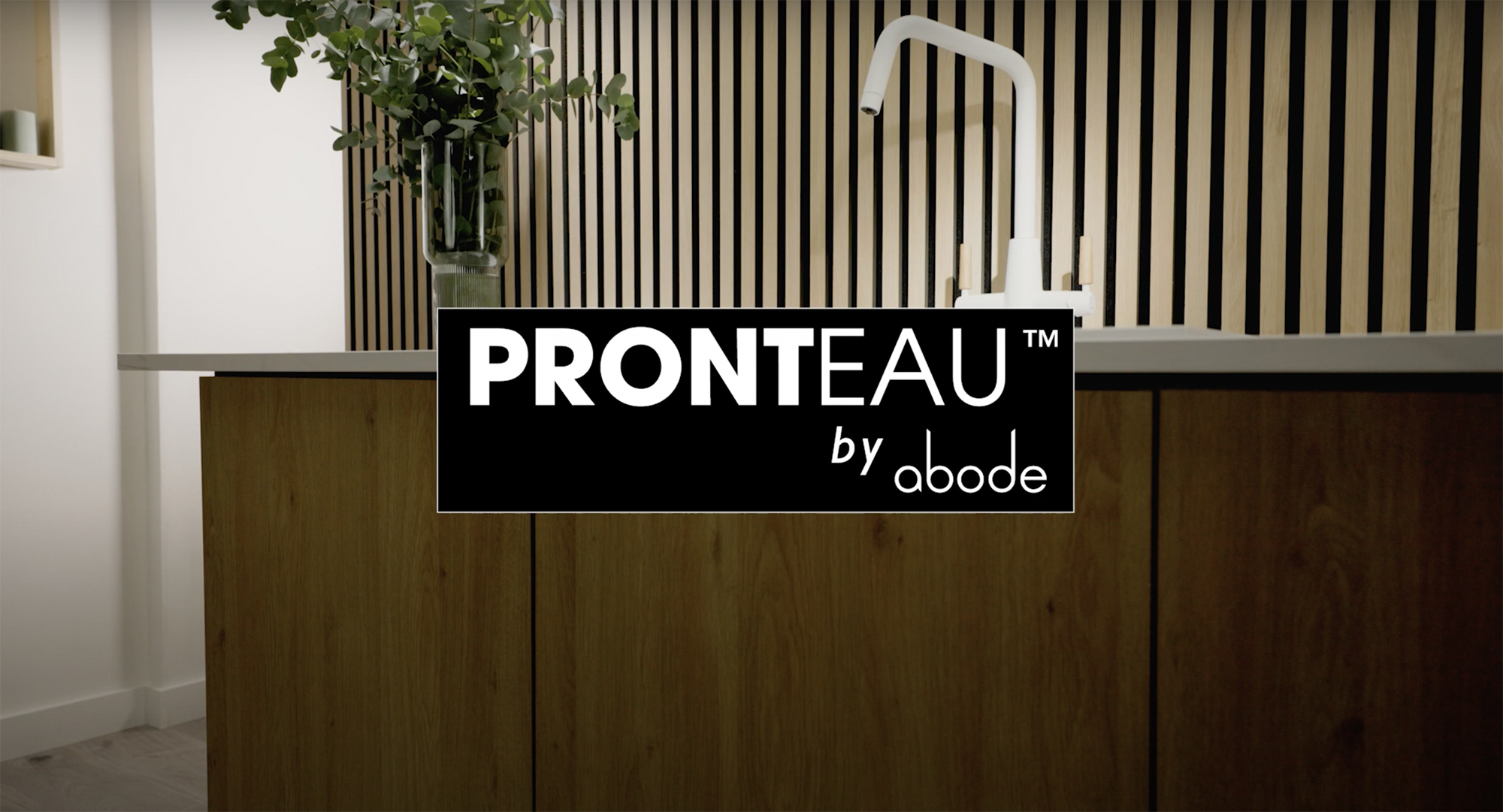Group lead ASM UK for Bora Andy Cummings says kitchen designers can play their part in reducing the issue of food waste by upselling cooling appliances

How the kitchen is designed, its layout and its fixtures and fittings are driven by our lifestyles.
After all, the kitchen of 2024 is very much an extension of our living spaces and integral to our way of life.
Sponsored Video
Appliances, their performance and the technology they offer the consumer are an important part of this. It is therefore important for retailers to gain an understanding of how the consumer uses the kitchen, their habits and what influences their purchase. Looking at current consumer affairs and lifestyle trends is a useful way of doing this.
Reduce food waste
One of the big concerns at the moment focuses on food waste.
The vast majority of food waste ends up in landfill, which is already overcrowded.
While food items degrade naturally over time, it contributes heavily to global warming and the erosion of the ozone layer, as it releases a great deal of methane gas as it breaks down.
Food wastage is problematic from both a moral and economic standpoint too, with many millions of pounds worth of food thrown away each year, even though many people across the globe go without fresh produce and groceries.
Consumers are therefore increasingly eager to find ways to reduce this to improve their carbon footprint in terms of sustainability and the environment.
The cost-of-living crisis is also front of mind – food prices are high, so minimising its waste is important to the consumer.
It’s a mountain of a problem. According to the Waste and Resources Action Programme (WRAP), the UK creates 9.52 million tonnes of food waste per year, the highest in the whole of Europe.
The trend is increasing, too. The level of food wasted globally is expected to rise by another third by 2030.
As much as 70% of this waste is caused by households, throwing away 6.6 million tonnes of food, of which 4.5 million tonnes is edible.
In fact, UK households throw away worth £13.8 billion of edible food annually – that’s £491 per household per year.
Fresh food makes up the largest portion of this waste – fresh vegetables and fruits aren’t commonly frozen and tend to have a reduced shelf-life when stored in a standard refrigerator.
Cooling as a solution
The job of reducing food waste can begin at home, with a change in attitude over preparing meals in bulk and freezing fresh goods being one key element.
The latest advancements in appliance technology give retailers the perfect tool to aid consumers here too and perhaps it is as much about educating the consumer in good refrigeration, clever freezing regimes and food storage.
Helping to reduce this food waste and our carbon footprint while saving households money is becoming more and more of a priority for consumers and therefore a selling point for the retailer. Things like the latest vacuum sealer technology that can be built-in to the worktop such as our new Q-Vac vacuum sealer.
That way it’s on hand all the time and can be used to preserve foods rather than throw them.
For an optimum shelf life, vacuum sealing can be combined with refrigerating and/or freezing – this also avoids freezer burn.
Look for things like refrigeration and freezing systems with temperature-controlled storage, with the latest technology including moisture control, making it possible to regulate the air supply into the drawers depending on the humidity and the food stored.
This is something we have thought about carefully in our new cooling products and the resultant conditions are ideal for storing sensitive food such as loose fruit and vegetables. The top two drawers in the refrigeration system are best for this.
Such technology encourages consumers to look beyond ‘sell by’ and ‘best before’ dates and play their part in reducing the food waste mountain.
There’s little doubt that taking the complexity out of appropriate food storage and having the tools and knowledge to store food properly will reduce the amount of food waste produced significantly. Kitchen designers therefore have a golden opportunity to encourage the consumer to make this a lifestyle choice.
Food waste reduction should be a talking point and a selling point, enabling the retailer to upsell from standard refrigeration models, but also and more importantly to sell responsibly.



